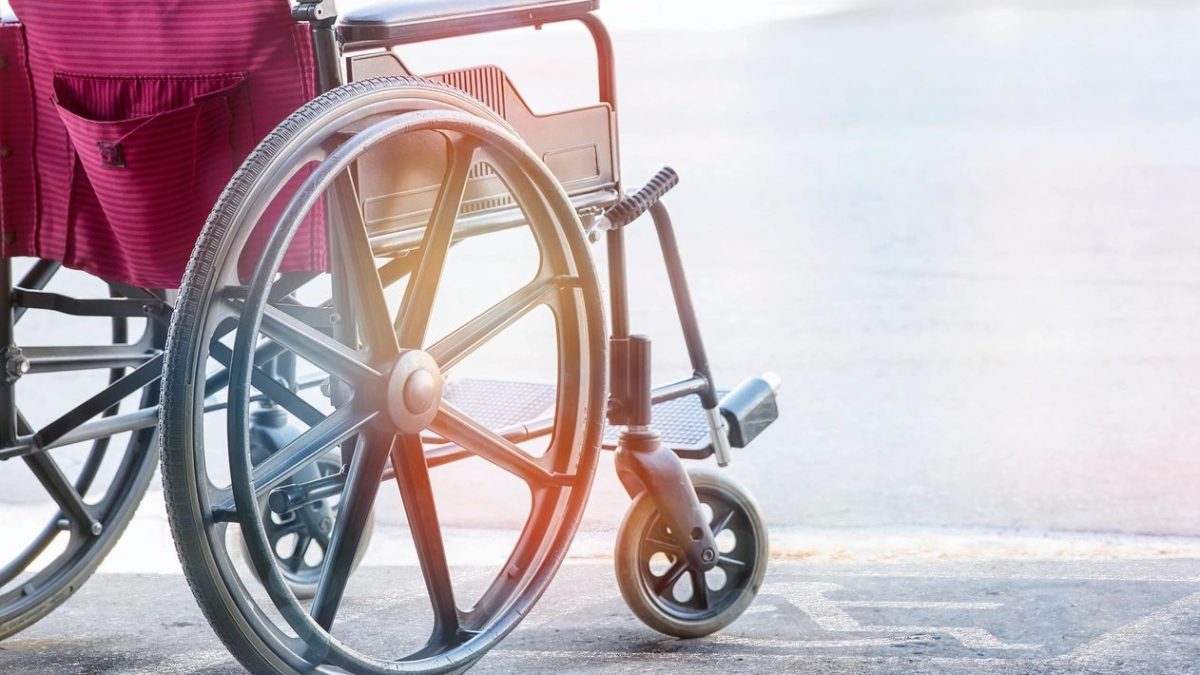We often see disabilities from the point of view of the carer. It makes no doubt that caring for someone with a disability can be an emotional rollercoaster that is both rewarding and mentally exhausting. Thankfully, carers can find supportive communities to help them tackle the needs of their loved ones and their own emotional needs too. As demanding as it is to manage disabilities, support is available for those who need it.

Yet, we rarely discuss disabilities from the perspective of the person in the wheelchair, the person with learning difficulties, the person with reduced mobility, or even the one with limited vision. Indeed, we are used to reading empowering stories about disabilities that can’t stop people from achieving their dreams. But while the talk about disabilities is positive, the experience is another kettle of fish. Disability can feel unfair, traumatic, and depressing.
You were born with it
Over 1 in 4 adults in the U.S. lives with a disability, affecting mobility, cognition, independent living, self-care, hearing, or vision. Some individuals were born with a disability, while others develop it at a later point in life. However, the statistics about disabilities reveal worrying factors. Indeed, the American population is not equal when it comes to disabilities. The population in the South and some ethnicities have the highest percentage of people living with a disability. This strongly highlights disparities, especially for individuals born with a disability. Pregnancy scans and access to better healthcare could prevent many birth defects, making disability an unfair consequence of your socio-economic background.
The disability is someone else’s mistake
Mistakes can happen. Yet, when you seek the advice of an expert, you want to trust their skills and knowledge. However, when the mistake is identified, you need to fight for your rights with legal representatives, such as medical malpractice attorneys, personal injury lawyers, etc. Ensuring you receive compensation for the mistake is crucial to managing your new disability. Indeed, individuals who suddenly become disabled need to finance specialist equipment, home improvement, and even medical assistance and emotional therapy. The trauma of unexpectedly losing a part of yourself can be insurmountable, even with financial compensation.
The disability is the result of an accident
Accidents, whether they are your fault or someone else’s, are traumatic. It’s not uncommon for individuals who suffered a disability as a result of an accident to experience PTSD, nightmares, and high anxiety, making it hard to handle the situation. While there is no doubt that legal defense can provide guidance to unlock compensation or manage the rest of your post-accident life, healing the soul can take a lot more time.
The disability is the result of a disease
The number one cause of disability in the U.S. is arthritis. Accidents, traumatic birth, and congenital disorders are also significant factors in the rise of disabilities. Yet, degenerative diseases such as arthritis can make the condition much more difficult to manage. Individuals affected feel their bodies slowly lose mobility and agility, regardless of their age. The knowledge of what’s to come can lead to depressive disorder.
A disability may not stop a person from achieving their dreams. But it requires a lot of emotional and mental work to overcome the traumatic experience. Having a disability feels unfair, regardless of how well an individual can cope with it. It’s time that we, as a society, consider how to reduce the risk of developing disabilities once and for all.
















